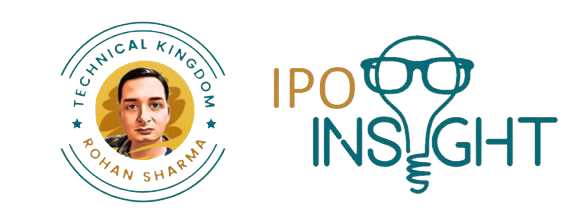
Menu

The most fundamental definition of income tax is that it is a tax levied on earnings. To fully comprehend income tax, we must first comprehend these two terms: tax and income. Tax services Boca Raton can assist you in clarifying this.
Tax is a statutory, mandatory payment made to the government, and it is classified as income tax or direct tax when it is paid directly as a proportion of income.
The term “indirect tax” refers to a tax that is imposed as part of the price of products or services and paid to the government indirectly. The Goods and Services Tax (GST) is currently India’s only indirect tax.
Let’s have a look at what the word “income” means. In terms of taxation, it has a very broad and extensive connotation. For a salaried employee, all compensation received from an employer, whether in cash, kind, or as a benefit, is considered income. Net earnings will be considered income for a businessperson.
Investments can also generate income in the form of interest, dividends, and commissions, among other things. The Income Tax Act also makes no distinction between legitimate and unlawful income.
Individuals, Hindu Undivided Families (HUF), Associations of Persons (AOP), Bodies of Individuals (BOI), corporate firms, companies, municipal governments, and all other artificial juridical persons that create money must pay income tax.
Taxes are based on a person’s yearly income, which begins on April 1st and ends on March 31st of the following calendar year in the eyes of the Income Tax law. The year is recognised and classified by the legislation as either a “Previous Year” or a “Assessment Year.”
The prior year is the year in which income is earned, while the assessment year is the year in which it is taxed.
For example, income produced between April 1st, 2017 and March 31st, 2018 is referred to as previous-year income and will be taxed in the next year, which begins on April 1st, 2018.

3. Self- Assessment Tax: After an assesses has paid tax through TDS and Advance Tax, he must determine how much tax remains to be paid. Before filing a tax return, the balance tax must be deposited with the income tax department. This is referred to as the Self-Assessment Tax.
Share this Content
© 2021 All rights reserved
Ask Your Query